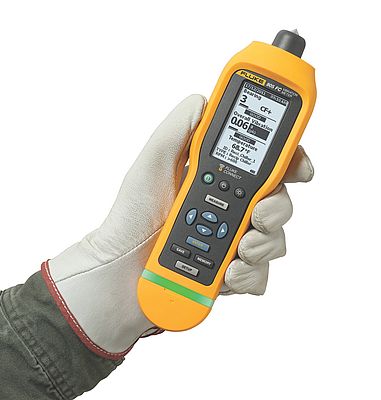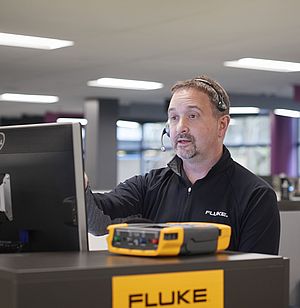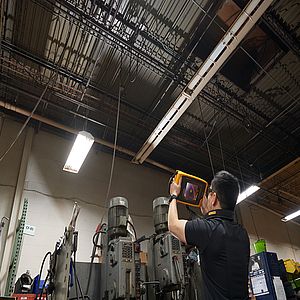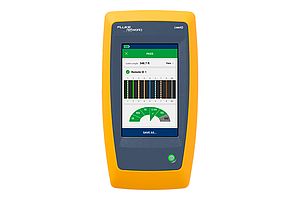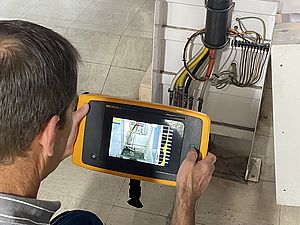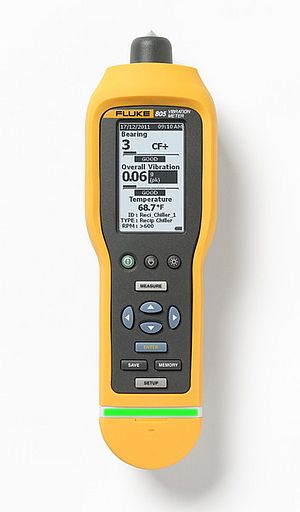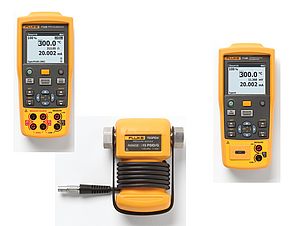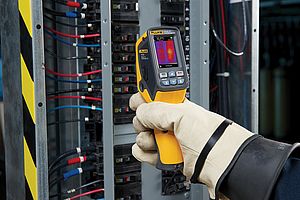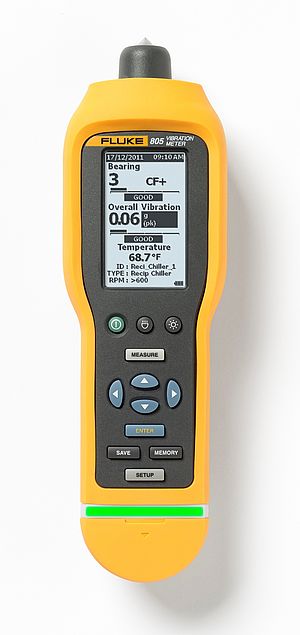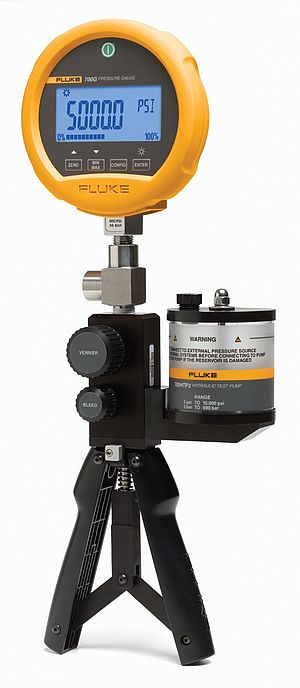Fluke has introduced the handheld Fluke® 805 FC Vibration Meter, a portable multifunction vibration screening tool that provides quantifiable information on the bearings and overall health of motors and other rotating equipment, and shares that data in real time via Fluke Connect™. The Fluke 805 FC is ideal for frontline mechanical troubleshooting teams that need reliable and repeatable measurements of rotating equipment to make imperative go/no-go maintenance decisions.
Vibration screening is a critical part of motor maintenance, and trending measurement data over time provides invaluable insight into long-term motor health. The Fluke 805 FC automatically saves vibration data wirelessly to Fluke Connect cloud storage so authorised team members can view all of the measurement data for each asset with the Fluke Connect app on their mobile devices before they leave the inspection site.
Using EquipmentLog™, technicians and managers can get all their measurement data in one place to get the complete asset story. EquipmentLog history allows technicians to assign measurements to specific equipment, creating a cloud-based history of all test measurement data (e.g. vibration, electrical, infrared images) for easy access during both troubleshooting and reliability maintenance.
Technicians can also share measurements with other team members in real time with ShareLive™ video calls to get approvals for repairs or get questions answered without leaving the field. The Fluke 805 FC measures overall vibration from 10Hz to 1,000Hz and provides a four-level severity assessment for overall vibration and bearing condition. It detects peaks in the vibration signal readings of roller bearings from 4,000Hz to 20,000Hz, and uses a proprietary algorithm to interpret severity to determine if the bearing is going bad. And it features an infrared sensor that automatically measures surface temperature and displays it along with the vibration reading for a broader understanding of machine health.
The 805 FC has a unique sensor tip design that minimises measurement variations caused by device angle or contact pressure. This reduces operator error and improves the accuracy and repeatability of quick vibration screening. The meter also provides a severity scale for both overall vibration and bearing condition readings, delivering more information than typical vibration pens.


